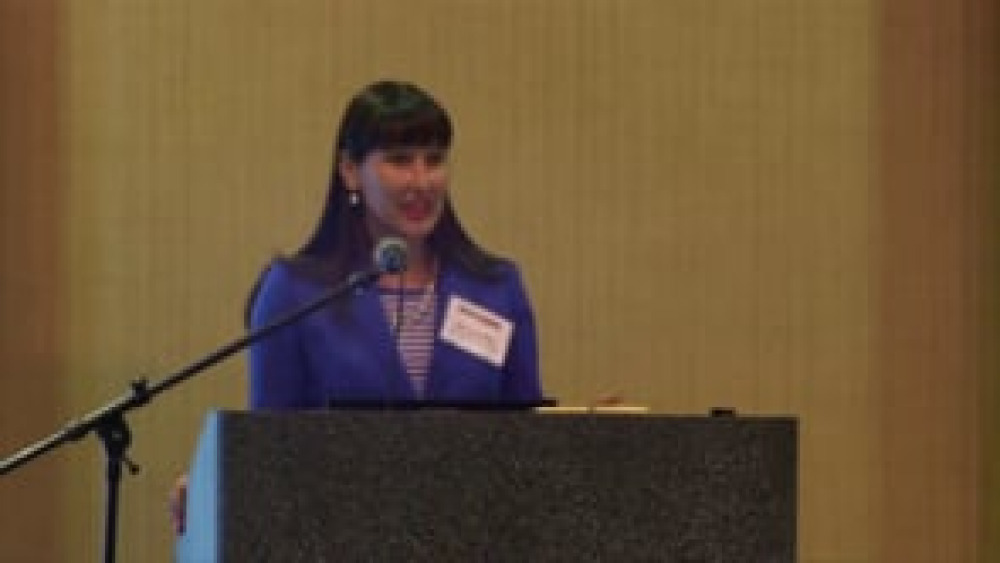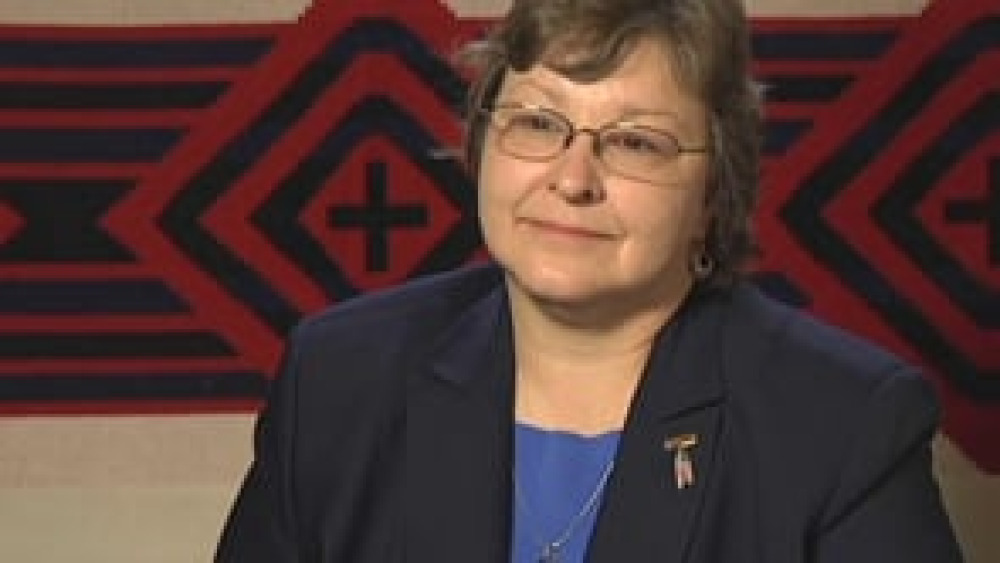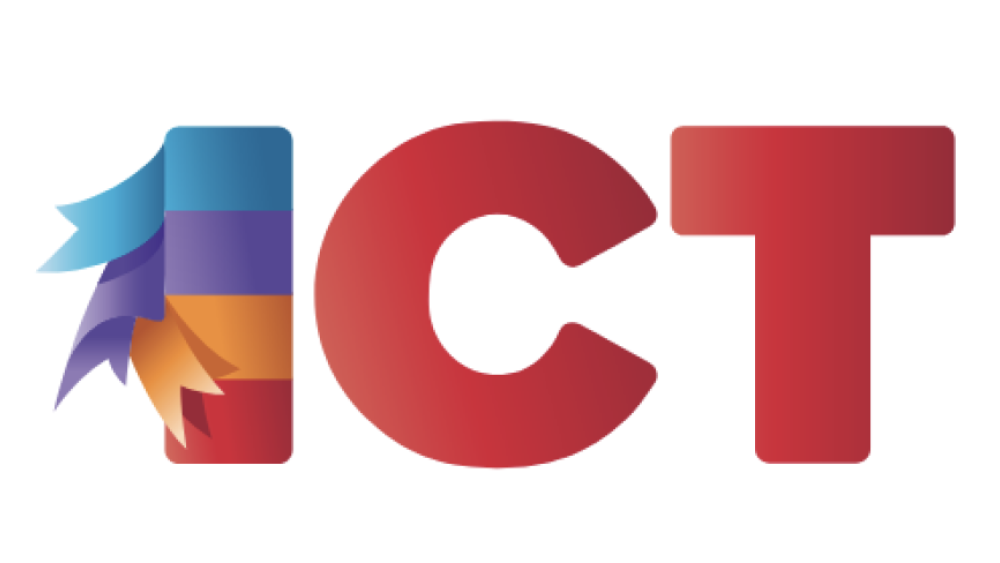Indigenous Governance Database
dependency

Jill Doerfler: Defining Citizenship: Blood Quantum vs. Descendancy
Scholar Jill Doerfler (Anishinaabe) talks about the colonial origins of blood quantum as a criterion for determining "Indian" and tribal identity, and explains how the federal government imposed that criterion upon the White Earth people in order to divest them of their land. She also stresses the…

Karen Diver: Nation Building Through the Cultivation of Capable People and Governing Institutions
In this informative interview with NNI's Ian Record, Chairwoman Karen Diver of the Fond du Lac Band of Lake Superior Chippewa discusses the critical importance of Native nations' systematic development of its governing institutions and human resource ability to their ability to exercise sovereignty…
Honoring Nations: Sovereignty Today: Q&A
The 2007 Honoring Nations symposium "Sovereignty Today" panel presenters as well as members of the Honoring Nations Board of Governors field questions from the audience and offer their thoughts on the state of tribal sovereignty today and the challenges that lie ahead.

How Do We Re-Member?
On July 2, the tribal council of the Confederated Tribes of the Grand Ronde held a special meeting to allow their citizens an opportunity to testify for or against a proposed emergency enrollment ordinance whereby the Council sought to delegate its constitutional authority to involuntarily…

Tribal Per Capitas and Self-Termination
For many Indian families, tribal per capita payments help meet their most basic needs. They buy food, pay heating bills, make car payments, and open savings accounts. As a Dry Creek Rancheria Band of Pomo Indians leader explains, per capita monies have given historically impoverished Indian…
